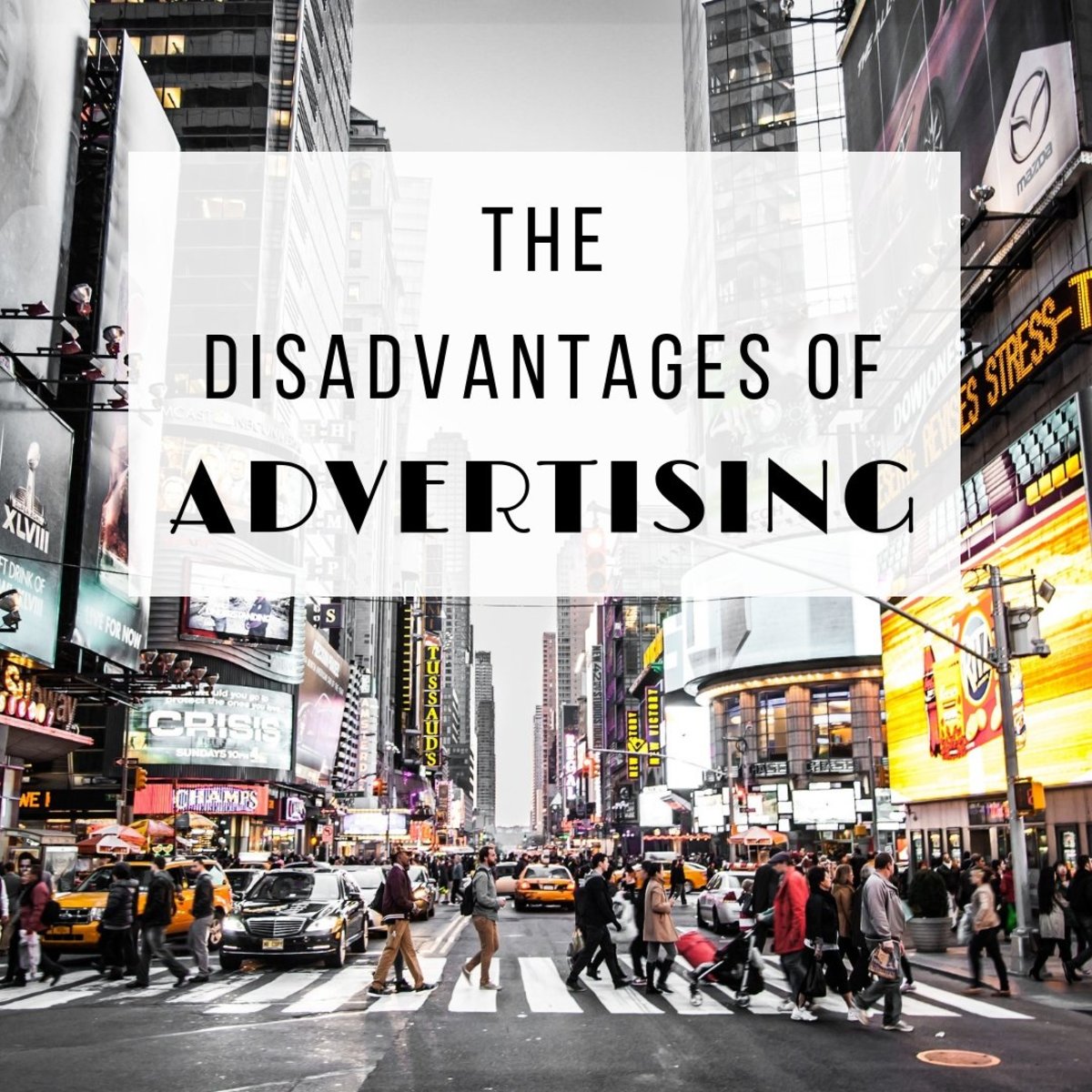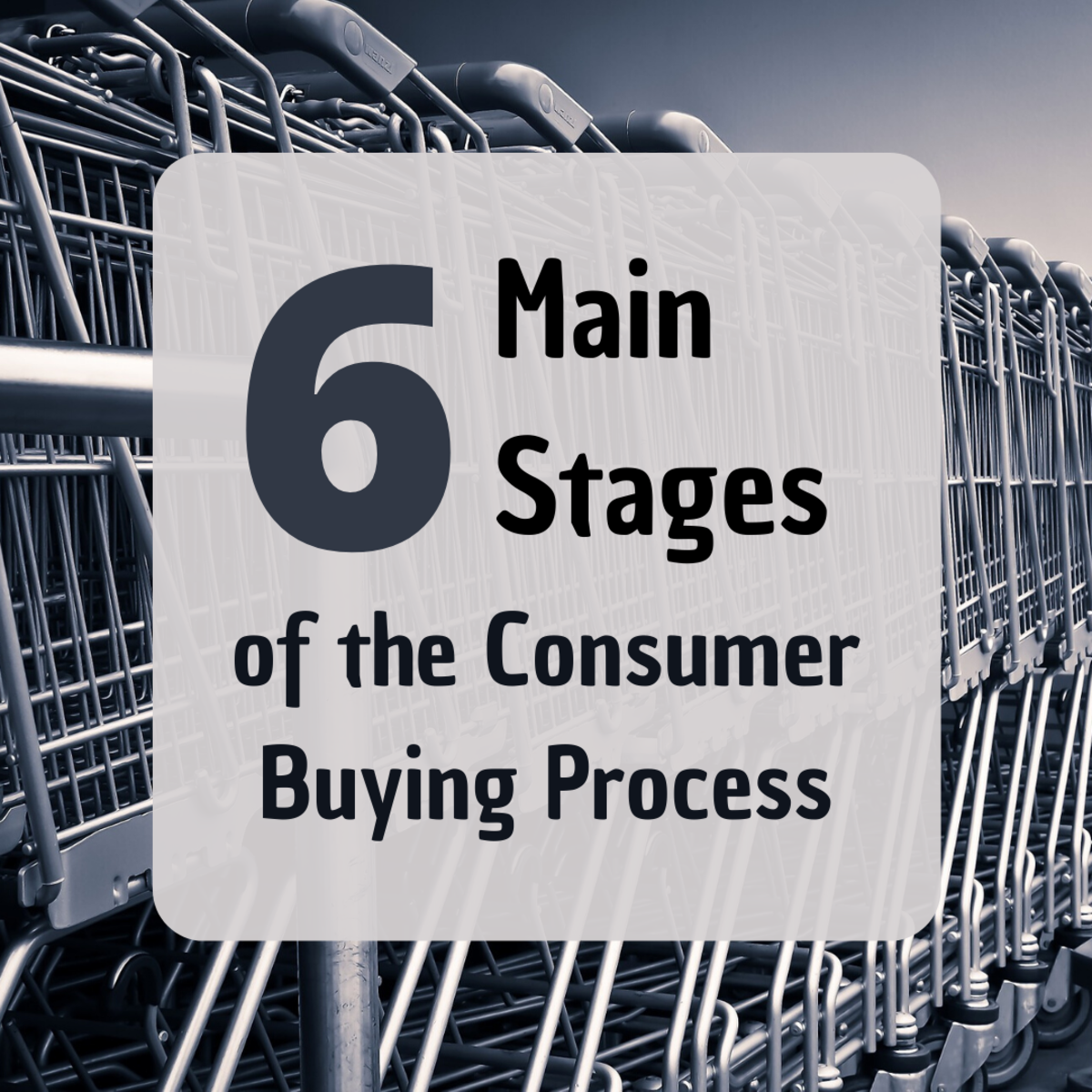The Best Social Networking Sites for Small Business Owners

So, you run a successful small business. Whether you sell scented candles over the holidays or provide accounting services for big player clients, your business needs a social media marketing strategy to thrive in today's web-based economy. To start things off, let's cover the basics: The best of the best social networking platforms when it comes to establishing a social media presence for your small business -- today! When managed well, profiles on each of these social networks can allow you to connect with your customers in a targeted and innovative way.

Twitter is the #1 social networking platform I recommend small business owners get set up with immediately. It should be at the forefront of any social media marketing campaign because, if done right, Twitter allows small business owners to engage with their potential customers like no other platform. At first, the 140 character limit may seem, well, limiting, but here’s why it’s worth it (as well as a few drawbacks):
Pros:
1. Branding yourself is incredibly easy on Twitter. All it takes is a catchy hashtag and a little consistency. If you can get a # related to your business to trend that’s a major marketing boost right there.
2. You can search for tweets relevant to your business by using hashtags to connect with potential customers.
3. It’s easy to build a substantial, high quality following and, if you keep posting relevant links and commentary, your followers can easily share your content with others.
4. Twitter’s format facilitates communication. Existing customers are much more likely to give your business a shout out and rave about you on Twitter, where it takes a matter of seconds and can be seen by thousands, as opposed to Facebook where taking the time to craft an entire post about a product or service is deemed overly promotional.
Cons:
1. It’s easy to fall into spammy traps that alienate followers and potential customers, like auto DMs and following a slew of people you’ll never keep up with.
2. Followers do not equal customers, and due to the character restrictions, you have to have a much more targeted approach if you have any hopes of turning them. This can be done, but it requires some serious strategy.

Facebook is by far the biggest contender when it comes to social networking. Businesses have jumped on the bandwagon that used to be exclusive to college students looking for a date, and they’ve jumped on in droves. With targeted ad placements and the ability to create a profile for your business, Facebook is a great way to connect with existing and potential clients and customers alike. Businesses are some of the most commonly liked pages by Facebook users. Some small businesses even operate exclusively off of Facebook, utilizing their photo albums and news feeds as a virtual storefront.
Here are some of the social network’s benefits and pitfalls:
Pros:
1. The world is on Facebook. Literally. Just about everyone has a profile from your Grandma Trudy to your best friend’s Labrador. It’s not just people and pets, though. Just about every successful business has its own Facebook page and many potential customers will actually look for your profile before they’ll search for your website. Add on the risk of imposter accounts and your small business really can’t afford NOT to be on Facebook.
2. The liking system is a great way to generate a buzz. Fans of your page will see in their newsfeeds and on their friends’ profile pages that they’ve liked your page and there’s nothing more persuasive than a recommendation from a friend.
3. A Facebook profile allows you to show your personal side (just not too much) and relate with customers and clients on a personal level. Use your profile to share interesting news stories and useful blog articles that teach readers a new skill or bit of knowledge related to your business niche
Cons:
1. You’ll have to monitor your comments carefully. One of the pitfalls of ubiquity is that everyone includes internet trolls and they seem to love Facebook. A lot. Overly negative or obscene comments can tarnish a business’s reputation, and your fans will expect you to keep a close eye on your page. Consider your Facebook profile (or any social networking profile, for that matter) a visual representation of your business’s public image.
2. Ads are pricey. Pricey, but targeted, which can be worth it for a lot of business owners. Facebook ad placements should be a line item in any internet marketing budget because there are few platforms with a broader reach.

Not only is Linkedin a great way to connect with other entrepreneurs and promote your public image as a business person, it’s a great way to screen and network with potential employees, too. Each profile is like a built-in resume, but Linked-In allows you to see more than just prior positions and educational background. You can tell a lot about a potential employee by the way they manage their professional profile and network with others. Again, here are a few of the benefits and pitfalls:
Pros:
1. Linkedin is by far the most professional, cut-to-the-chase platform for social networking in the business word. While not as ubiquitous as Facebook, you really can’t afford not to have one.
2. Connections on Linkedin have more “oomph” than Likes on Facebook or Follows on Twitter. At least, they do within the context of Linkedin. According to Guy Kawasaki, social media marketing guru, the average number of connections for Harvard MBAs is only 58. Compare that with the most obscure small business on Facebook that may, nonetheless, have thousands of fans and it’s easy to see that people take connections fairly seriously.
Cons:
1. Unfortunately, a lot of connections you’ll make on Linkedin are from people trying to sell you something. Be careful who you let in, like anywhere else, and be aware that, due to the professional nature of this site, people may be looking more closely at who you associate with.
2. Most people join Linkedin to sell, not to buy. Whether they’re selling their resume or their own products, this is most definitely a site more geared toward networking with other professionals than finding new clients. However, don’t neglect your Linkedin profile because of that. Those connections may be a source of good business down the line. Businesses recommend businesses, and lone wolves tend not to do well in the modern era where sociability is king. In fact, my in-laws’ biggest client came to them as a referral from a Linkedin connection.

Google+
While being one of the newest big players in social media marketing, Google+ more than holds its own when it comes to features and functionality. Unfortunately, the primary user base for Google+ seems to be social media marketers who wind up talking to each other in the “echo chamber”.
Because of this, many small businesses make the mistake of neglecting their Google+ profiles or ignoring the platform altogether. While you certainly won’t reach as large of a customer base as you might through Twitter or Facebook, Google+ can be an incredibly effective platform for marketing your small business. Here’s why:
Pros:
1. Google+ is run by Google. Duh, right? Here’s why it matters: A backlink from Google+ carries a lot of weight in SEO, and I mean a lot. There’s a reason all the social media experts are on there, and with mainstream business magazines like Entrepreneur publishing a slew of article on the platform’s many features and benefits, the stampede of individuals and businesses is coming. Get in now and be ahead of the competition.
2. It’s so ridiculously easy to share something through Google+. They’ve got it down to the same level of ease and efficiency as a Facebook like.
3. Adding someone to your Google+ circle is incredibly easy, but that doesn’t mean they’ll add you back. The feature allows you to easily separate and target different groups of people in each circle, such as potential clients, current clients, peers, personal friends, etc..
4. Ripples. This is by far the primary feature of Google+ that sets it apart from the other social networks, and also the most misunderstood. Essentially, Ripples allow you to see a visual representation of who is sharing your posts as well as who else is influencing them. Recognizing the influencers in your niche and targeting them is one of the most essential steps in any social media marketing campaign. The addition of Ripples alone makes Google+ an absolute must for small business owners.
Cons:
1. One of the biggest pros of Google+ is also a con. It’s new(ish), so many of your customers aren’t on it yet. This means that, while Google+ should be a player in your social media marketing strategy, it shouldn’t serve as a Facebook replacement by any means.
2. Prepare to run into a lot of indie bands, SEO gurus and social media marketers, and I mean a lot. I like to call it “The 3 People You Meet in Google+”. I think it could turn into a movie, maybe as a kind of web 2.0 sequel to “The 5 People You Meet In Heaven.” But hey, look on the bright side, we’re pretty nice folks and if we like your content we just might become your influencers!
Summary
Do you have profiles on any (or all) of these sites for your small business? Would you like to see more articles related to social media marketing for business on a specific platform? I’d love to hear about your thoughts and experiences in the comments!








